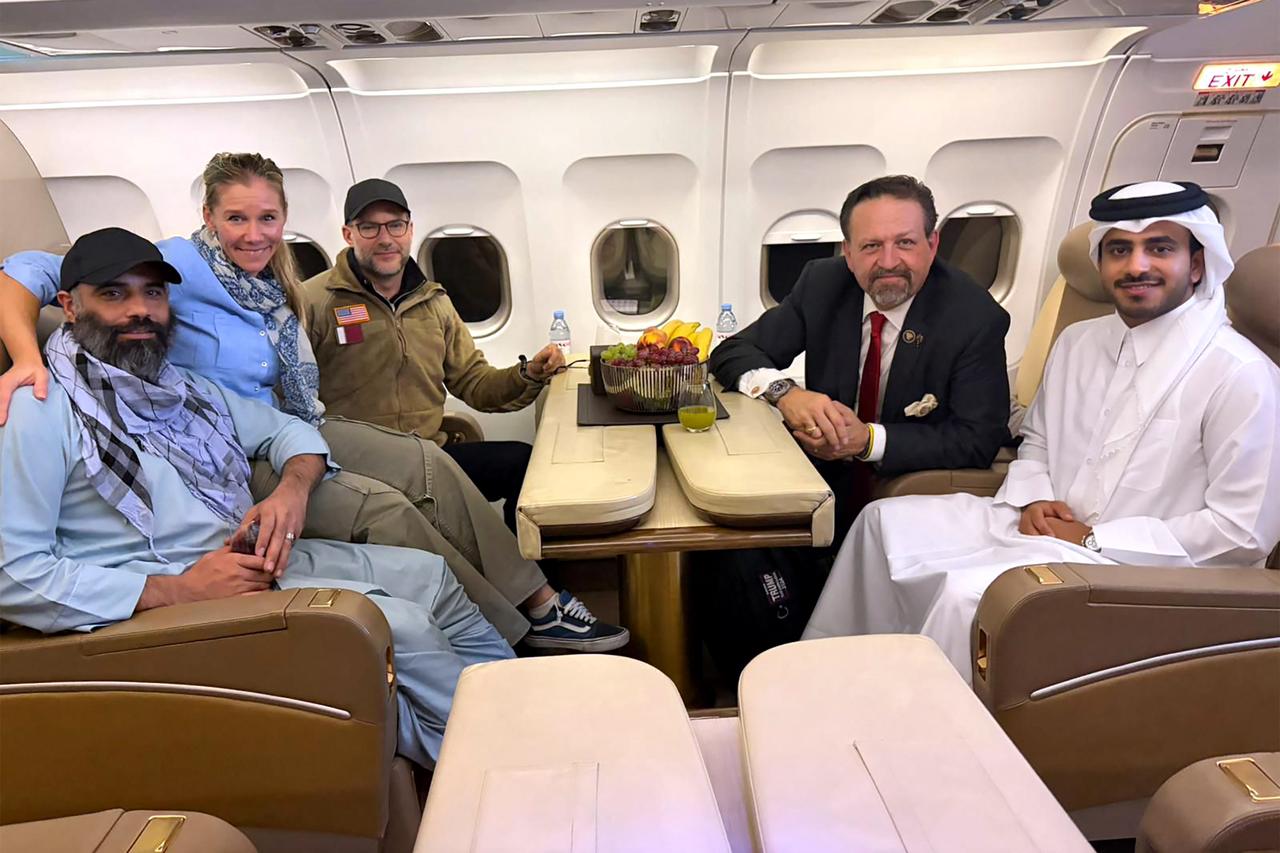
Afghanistan's Taliban government freed an American citizen from detention Sunday, marking the latest in a series of prisoner releases that have become a key diplomatic channel between the unrecognized regime and Western nations.
The detainee, identified as Amir Amiri, 36, was handed over to Adam Boehler, Washington's special envoy on hostages, according to a Taliban Foreign Ministry statement. Amiri had been held in Afghanistan since December 2024, an official with knowledge of the release said.
"Afghanistan released an American citizen named Amir Amiri from prison today," the Foreign Ministry said on X, using the Taliban's official name for their government. "The Afghan government does not view the issues of citizens from a political angle and makes it clear that ways can be found to resolve issues through diplomacy."
Boehler made a rare visit to Kabul earlier this month to discuss potential prisoner exchanges with Taliban officials. The American envoy's diplomatic engagement represents one of the few direct high-level contacts between Washington and the Taliban since the group's return to power in August 2021.
Secretary of State Marco Rubio welcomed Amiri's release, describing him as "wrongfully detained" and thanking Qatar for its mediation role. "President Donald Trump has made it clear we will not stop until every American unjustly detained abroad is back home," Rubio wrote on X.
The development comes just one week after the Taliban released an elderly British couple, Peter and Barbie Reynolds, who had been imprisoned for nearly eight months in Kabul. An official said Amiri would make a brief stop in Doha, Qatar, for medical checks before continuing to the United States. Qatar has consistently served as an intermediary in these prisoner releases.
The release follows previous prisoner exchanges that have become a diplomatic lifeline between the Taliban and Western governments. In January, two Americans were freed in exchange for Khan Mohammed, an Afghan fighter convicted of narco-terrorism in the United States. Another American, airline mechanic George Glezmann, was released in March after more than two years in detention during an earlier Boehler visit to Kabul.
At least one other U.S. citizen, Mahmood Habibi, remains missing in Afghanistan. The United States is offering a $5 million reward for information about his whereabouts following his 2022 disappearance. Taliban authorities deny involvement in his case.
The Reynolds couple's release last week highlighted the harsh conditions faced by foreign detainees. UN experts reported that the British nationals, both Afghan citizens who had lived in the country for nearly two decades running educational programs, were initially held in a maximum security facility before being moved to "underground cells, without daylight" and later transferred to intelligence services custody.
The 80-year-old Peter Reynolds and his 76-year-old wife Barbie had married in Kabul in 1970 and dedicated years to educational work benefiting Afghan women and children. Taliban authorities have not disclosed the reasons for their February arrest.
Since seizing power, the Taliban has faced accusations of widespread human rights violations. Only Russia has officially recognized the Taliban government, while dozens of countries, including the United States and United Kingdom, warn against all travel to Afghanistan.
The prisoner releases represent a pragmatic approach by the Taliban, which has expressed interest in improving relations with other countries despite the legacy of the 20-year war against U.S.-led forces. Most foreign embassies withdrew their diplomatic presence when the Taliban returned to power, leaving such exchanges as one of the few remaining diplomatic channels.
The pattern of detentions and releases has created a concerning dynamic where foreign nationals appear vulnerable to arbitrary arrest, potentially for use as bargaining chips in diplomatic negotiations with Western governments that do not recognize Taliban authority.